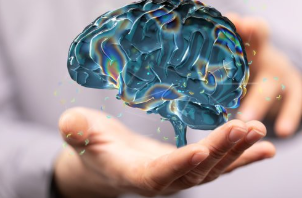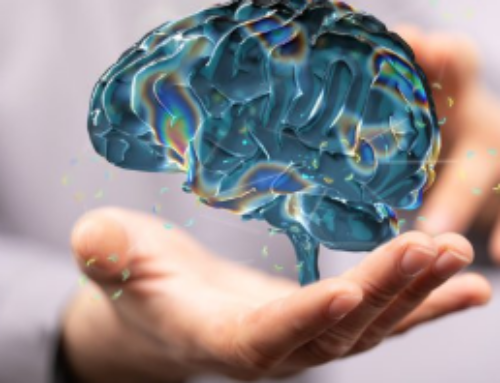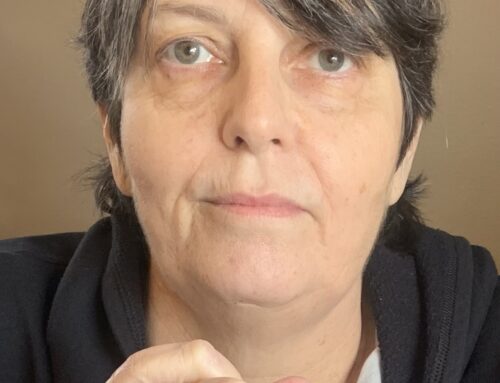While the opioid epidemic continues to dominate the headlines for good reason, other substances – both legal and illegal – remain an ongoing issue for many individuals. More than 15 million people across the U.S. struggle with alcoholism, though less than 8 percent of them receive treatment. An estimated 1.5 million people over the age of 12 abuse cocaine each month. 85-90 percent of stimulant-related drug deaths involve meth.
There are several potentially harmful drugs out there, and they are still being abused – both on their own and in tandem with opiates. At the New England Recovery Center, we regularly treat clients suffering from these substance use disorders. Some of the most common are listed below.
Depressants
- Alcohol
- Benzodiazepines
- Barbiturates
- Marijuana
Stimulants
- Cocaine
- Methamphetamines
Hallucinogens
- LSD
- Psilocybin
- MDMA
Each of these substances have different effects on the body and the mind and may require different treatment approaches.
For some, supervised detox will be necessary. This is the medical process of removing toxic substances from the bloodstream, which can have painful side effects. For instance, when heavy users of alcohol stop drinking they might experience hallucinations and seizures. During detoxification, they are monitored by clinical staff and given medications to help ease the symptoms.
Detoxification processes vary from person-to-person and substance-to-substance, but typically last between four and six days. During this time, our staff ensure clients’ safety while also preparing them for transition to residential treatment.
In inpatient treatment, clients are able to fully focus on their recovery, free of withdrawal symptoms. With a clear mind, they begin to address their addiction with individual and group therapies, structured programming and individualized care.
At this stage, treatment for each substance looks very similar, though there are a few subtle differences. For instance, clients overcoming addiction to stimulants respond particularly well to certain cognitive behavioral therapies like motivational enhancements and incentives.
There is no one path to recovery, however there is one location to help get you there: New England Recovery Center. If you or a loved one is struggling with a substance use disorder of any kind, get in touch today. You can chat with us on this page or give us a call anytime: (844) 233-6372.










